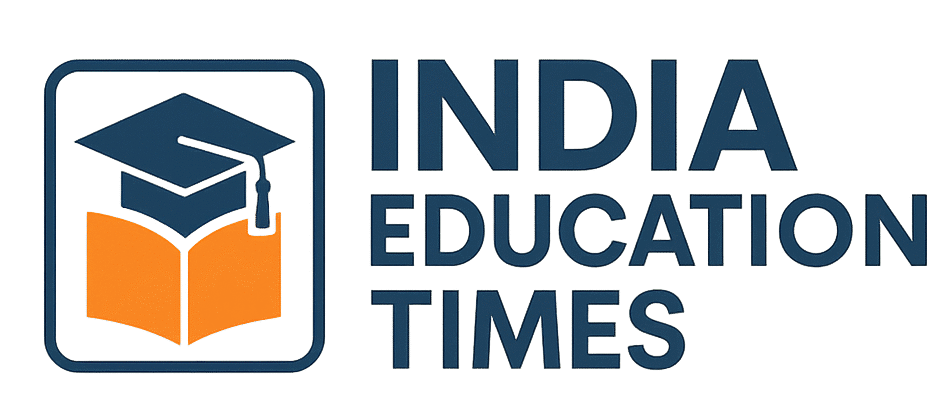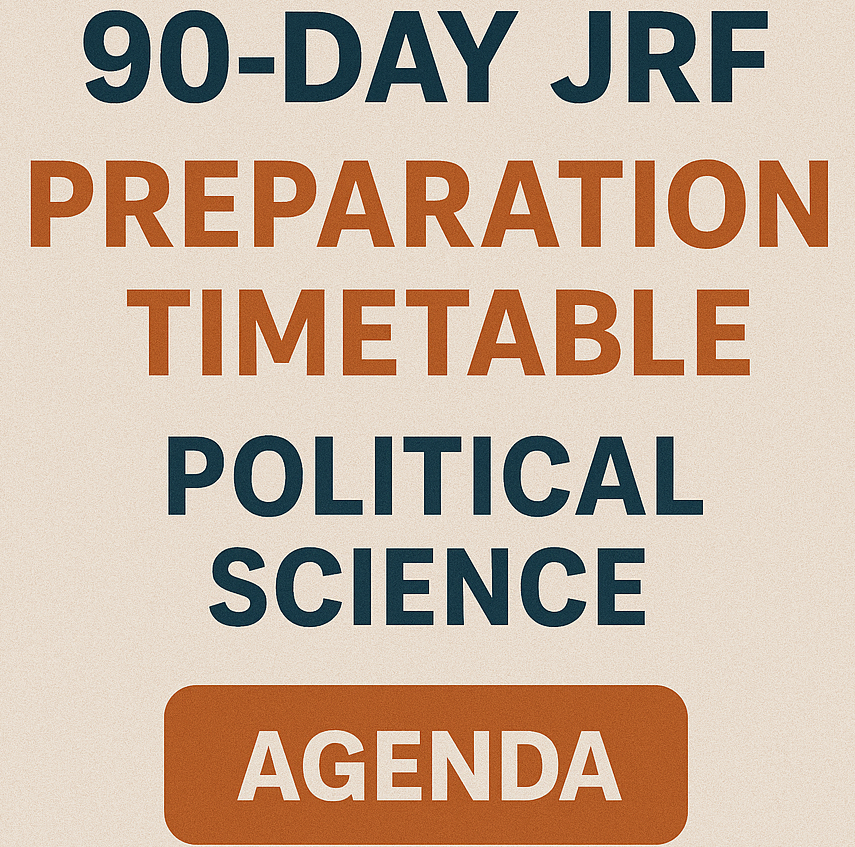📚 Revised B.Ed. Curriculum 2025 as per NEP 2020: What Future Teachers Need to Know
The National Education Policy (NEP) 2020 has brought transformative changes to India’s education system. One of the major reforms is the revision of the B.Ed. curriculum, designed to create professionally competent and socially responsible teachers. The Revised B.Ed. Curriculum 2025 will now align more closely with 21st-century learning goals, multidisciplinary education, and inclusive pedagogy.
🎯 Why Was the B.Ed. Curriculum Revised?
The traditional B.Ed. structure focused more on theory than on practice. The NEP 2020 recommends modernizing teacher education by:
- Integrating pedagogical theory with practical training
- Promoting multilingual education
- Encouraging critical thinking and reflective teaching
- Aligning teacher preparation with global standards and Indian values
🆕 Key Changes in B.Ed. Curriculum 2025 (As per NEP 2020)
1. 📘 Introduction of 4-Year Integrated B.Ed. Programs
- A shift from 2-year standalone programs to 4-year Integrated B.A. B.Ed. / B.Sc. B.Ed. / B.Com. B.Ed.
- Designed for students who want to pursue teaching directly after Class 12.
- Focuses on multidisciplinary foundation + pedagogy + practicum.
2. 🧑🏫 Greater Emphasis on Teaching Practice & Internships
- Minimum 20 weeks of teaching practice across 2 years.
- School-based internships integrated into the curriculum with real-time mentoring.
3. 🌐 Multilingualism & Regional Language Focus
- Language Across Curriculum (LAC) model promotes teaching in mother tongue/regional language.
- Teachers trained to handle multilingual classrooms effectively.
4. 🧠 Use of Educational Technology (EdTech)
- Courses include training in:
- Smart classrooms
- Blended learning
- AI-based learning assessment tools
- Teachers are encouraged to develop tech-enhanced lesson plans.
5. 🌱 Holistic and Multidisciplinary Subjects
- Inclusion of Indian Knowledge Systems, value-based education, gender studies, and environmental education.
- Encourages future teachers to adopt constructivist and experiential learning methods.
6. 🧩 Focus on Inclusive & Special Education
- Training to support diverse learners, including students with disabilities.
- Modules on inclusive pedagogy and differentiated instruction.
🏫 Curriculum Structure Overview (Indicative)
| Year | Key Focus Areas |
|---|---|
| Year 1 | Foundational disciplines, language proficiency, education psychology |
| Year 2 | Subject-based pedagogy, teaching-learning strategies |
| Year 3 | Curriculum design, assessment, inclusive education, ICT in teaching |
| Year 4 | Internship, school-based practicum, action research, professional ethics |
📍 NEP Recommendations for Teacher Education Institutions
- All standalone teacher training institutes will be merged into multi-disciplinary institutions.
- Only integrated B.Ed. degrees will be recognized by 2030.
- Regulatory control under National Council for Teacher Education (NCTE).
🧾 Implications for Future Teachers
- B.Ed. aspirants must be prepared for intensive field training and continuous assessment.
- The role of a teacher is reimagined as a facilitator, innovator, and reflective practitioner.
- Candidates must be open to lifelong learning, digital skills, and community engagement.
🗓️ When Will These Changes Take Effect?
- The Revised Curriculum will be implemented across institutions starting in 2025.
- Institutions must update their syllabus, faculty training, and evaluation models accordingly.
🔗 Useful Resources
- National Council for Teacher Education (NCTE)
- NEP 2020 Full Document
- CUET for Integrated B.Ed. Admission
✍️ Conclusion
The revised B.Ed. curriculum 2025 is a significant step toward developing high-quality, future-ready educators. As per NEP 2020, teacher education will now be more inclusive, tech-driven, and practice-oriented. If you’re aspiring to be a teacher, this is the best time to embrace the change and upgrade your skills.





